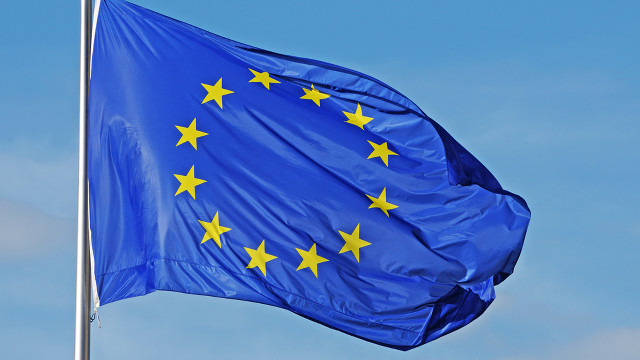SUMMARY
This is AI generated summarization, which may have errors. For context, always refer to the full article.

LONDON, United Kingdom – Europe kicked off its mammoth parliamentary elections on Thursday, May 22, with Britain and the Netherlands going to the polls in a vote that is expected to see a swing towards populist right-wing parties.
The elections, which are spread over 4 days in the EU’s 28 member states, are set to produce major gains for anti-immigration parties that are bent on dismantling the European Union from the inside.
The vote, for which some 400 million Europeans are eligible to cast their ballots, comes as the EU struggles for relevance in the aftermath of the eurozone crisis and grapples with the chaos on its borders in Ukraine.
“The immigration floodgate needs shutting – how can you bring more people over if there’s not enough jobs for your own people?” James Donaghy, 66, told Agence France-Presse as he voted for the UK Independence Party (UKIP) in Sevenoaks, southeast England.
Polls opened at 0530 GMT in the Netherlands and 0600 GMT in Britain. Ireland and the Czech Republic vote on Friday, Latvia, Malta and Slovakia on Saturday, and the other 21 EU nations on Sunday.
When the results are announced from 2100 GMT on Sunday, eurosceptic parties may top the polls in Britain, France, Italy and the Netherlands.
The anti-immigration and anti-EU UKIP, led by Nigel Farage, and Geert Wilders’ virulently anti-Islam Party of Freedom (PVV) in the Netherlands, are both forecast to make big gains.
Political ‘earthquake’
UKIP’s rise has rocked the British political establishment as a party without a single seat in its national parliament heads into the European election ahead of the main opposition Labour Party, according to polls in the Times and the Daily Mail newspapers Thursday.
The party’s rise was seen as a factor in Conservative Prime Minister David Cameron’s pledge to hold a referendum on Britain’s membership of the EU in late 2017.
Farage, a former commodities trader who likes to hold court with journalists in the pub, has ruled out joining a far-right bloc of Wilders’ party and France’s National Front, led by Marine Le Pen, saying the National Front is anti-Semitic.
As he cast his vote in a village school, Farage rejected claims of racism against his own party and said he wanted to cause a political “earthquake.”
“If we get what we like, things will never be quite the same again,” he told reporters.
Farage also predicted the highest turnout in European elections since the first in 1979, despite the fact that the figure dropped from 62% at that vote to just 43% in the last election in 2009.
The European parliament has been dismissed as toothless in the past, but these elections are different because the winning bloc will for the first time be able to nominate a replacement for outgoing European Commission President Jose Manuel Barroso.
Jobless turn against EU
But with 26 million people out of work across the EU, eurosceptic and far-right parties have picked up massive support on anti-immigration and anti-EU platforms.
The latest opinion polls show eurosceptics and others could secure almost 100 seats in the new parliament, trebling their number in the 751-seat assembly.
A survey by PollWatch showed conservatives holding a narrow lead over their socialist rivals, with the European People’s Party (EPP) on track for 217 seats against 201 for the Socialists and Democrats (S&D).
In the Netherlands, the platinum-haired Wilders hopes to garner 6 of the 26 seats up for grabs on the back of his pledges to take the country out of the EU and ditch the euro.
“I believe in Europe, but I think there are far too many rules coming from Brussels,” Margreet de Jonge, 63, told Agence France-Presse as she cast her ballot in The Hague, echoing the view of many that the EU has become a bloated bureaucracy.
Britain’s UKIP meanwhile looks certain to increase the 9 seats it currently holds.
But not everyone will be voting for Farage.
“I am here in this country because Poland is a part of the European community,” said Dorota, 31, who is originally from Poland, as she cast her ballot in Sevenoaks.
“It’s very important for me and for England to stay in the EU and to have a good representation there.” – Rappler.com
Add a comment
How does this make you feel?
There are no comments yet. Add your comment to start the conversation.